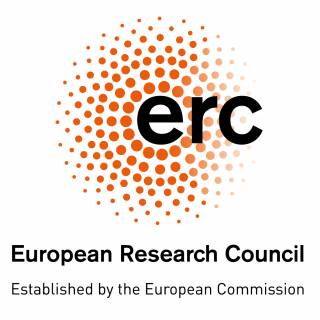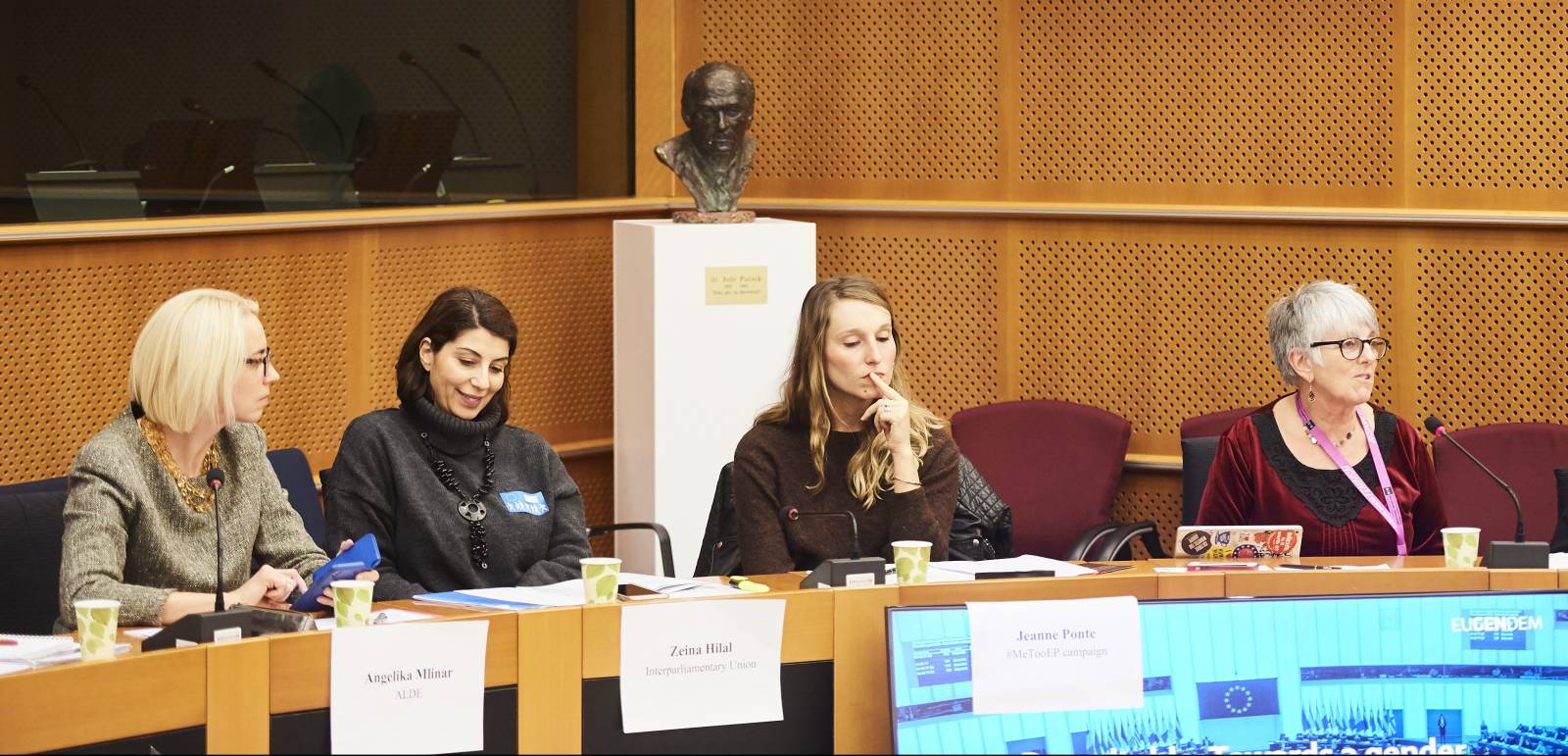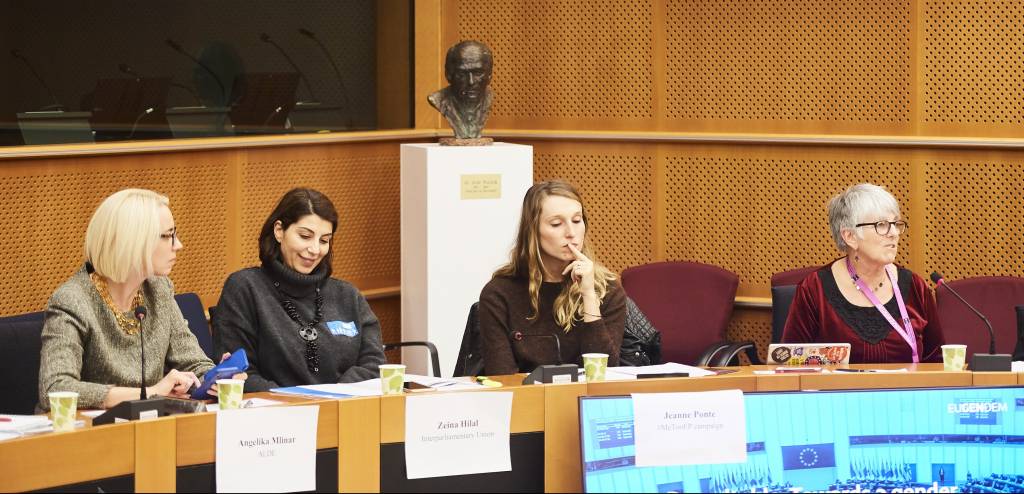
We were honoured to host a very prominent roundtable in our seminar on “Gender-Sensitive Parliaments: A framework for advancing the equalities agenda in the European Parliament” in the European Parliament, Brussels, 30th January 2019.
The four prominent participants included MEP Angelika Mlinar (ALDE), MEP Julie Ward (S&D), Project Manager Zeina Hilal (IPU), and Jeanne Ponte (Founder of the #MeTooEP campaign).
The roundtable first debated the most pertinent problems that would need to be solved in order to make the European Parliament more gender-sensitive. The discussion covered issues surrounding the perceptions of women and men’s roles and expertise in politics. Julie Ward MEP asked: “Why is it that men think of leadership positions as their right, and if not theirs, their mates’?” Angelika Mlinar MEP mentioned the need for civil society, outside the parliament to exert pressure and to push for more gender equality. She reflected that on some issues MEPs receive 5000-6000 emails a day – why not on issues that would actually advance gender equality?
Zeina Hilal from the Inter-parliamentary Union (IPU) argued for the need to make gender equality a priority and to see it not as a women’s issue but as a question of democracy and effectiveness. This would entail shifting responsibility for gender equality from individuals to institutions. Jeanne Ponte, the founder of the #MeTooEP campaign, identified the different structures and practices of the EP that make it a fertile ground for sexism and harassment as a key problem. She shared her experiences of founding the #MeTooEP campaign and the struggle that continues when trying to put into place stronger measures to tackle sexual harassment in the parliament.
We asked the roundtable participants for three key recommendations that they would want to put forward for the next legislature as necessary steps towards creating a gender-sensitive European Parliament.
The diverse suggestions may reflect well the complexity of advancing gender equality and the multitude of measures needed to achieve a transformation in cultures and structures of the parliament and political groups.
In order to make the European Parliament more gender-sensitive, participants recommended:
- Conducting a thorough gender assessment of the European Parliament: taking stock of what has been made and identify the gaps
- Adopting a gender equality action plan of the parliament with a budget to fill in the gaps
- Improving the written rules (the code of conduct) to ensure that gender equality – including tackling sexual harassment – is both delivered and embodied in the culture of the institutions
- Including gender equality and combating harassment in the mandatory training/induction for all MEPs in the beginning of the legislature.
- Bringing in the men! Advancing gender equality requires that a diverse group of people come together and make the issue their own.
- Refusing to be the token woman! Identifying moments when you are included as a token woman on the panel and say no.
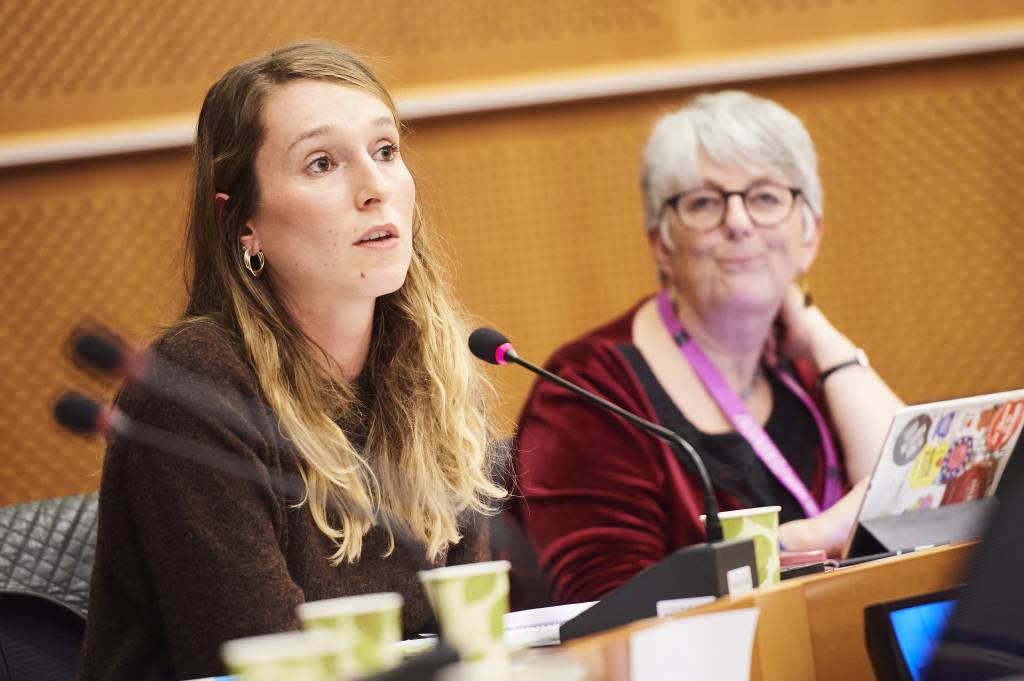
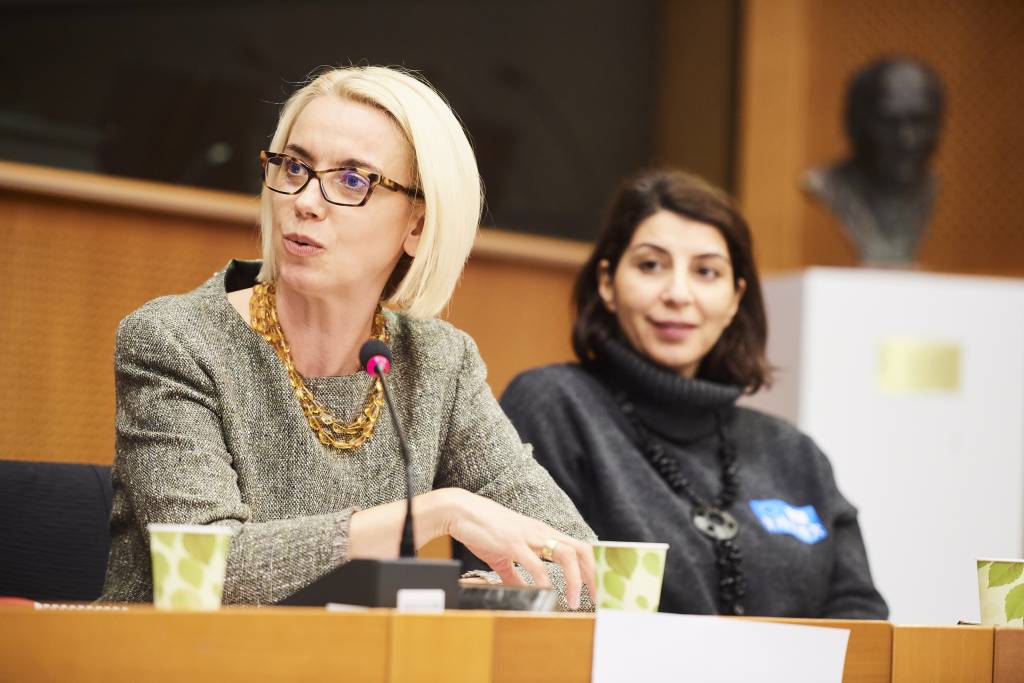
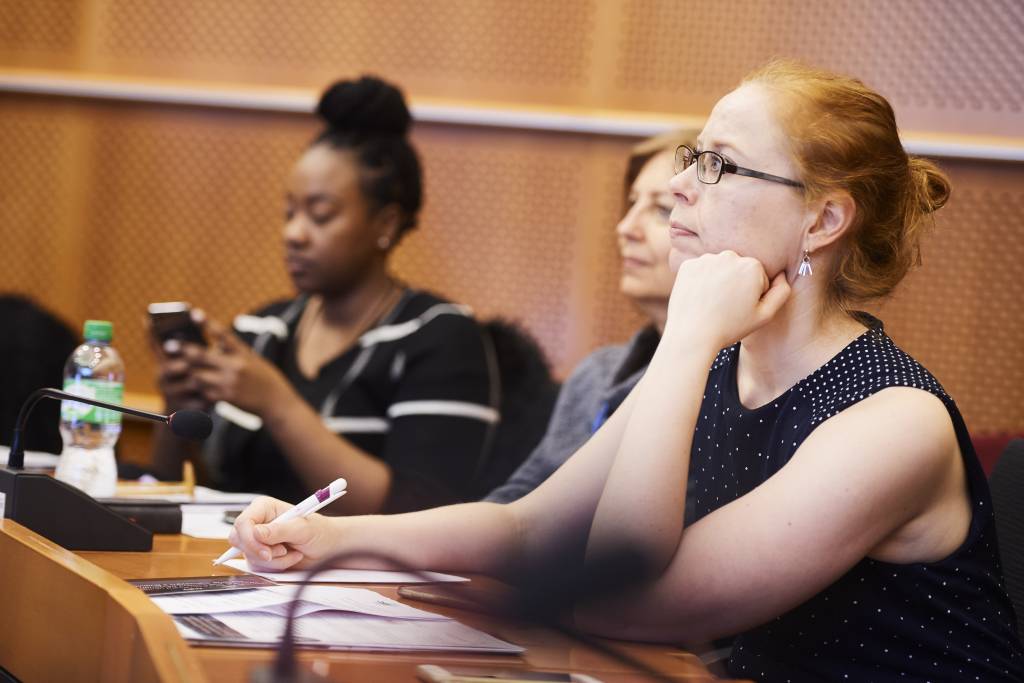
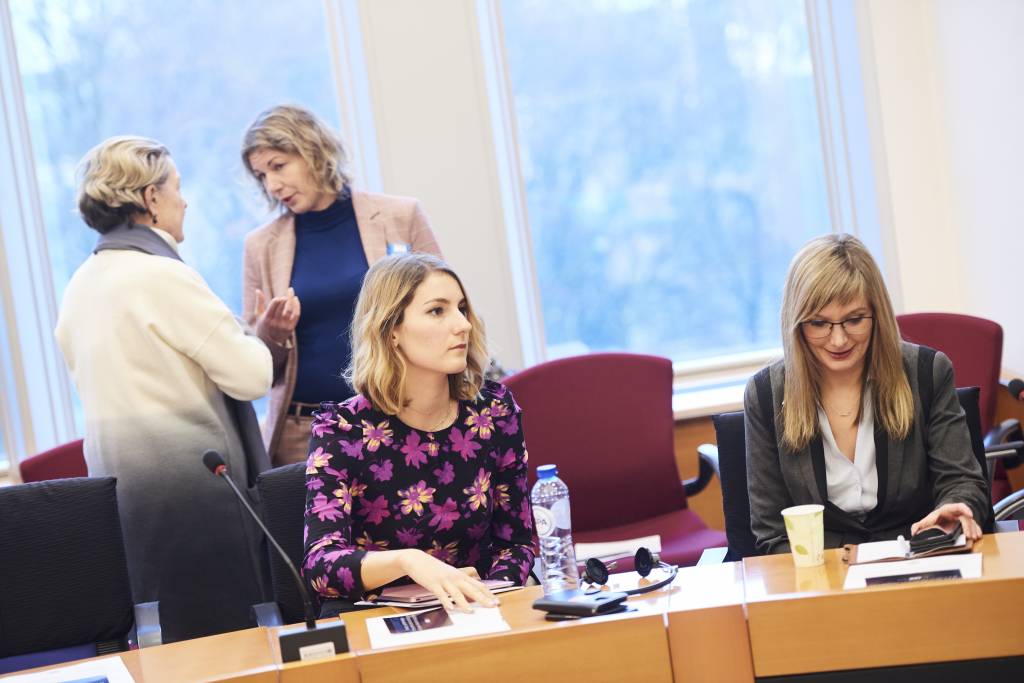
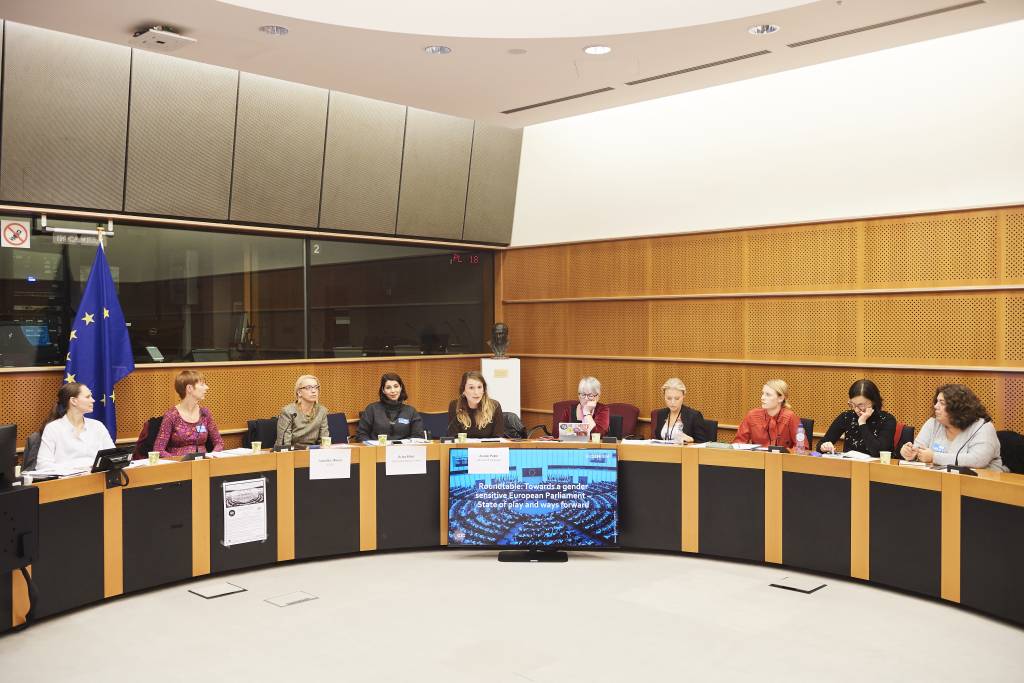
Photos by François de Ribaucourt

